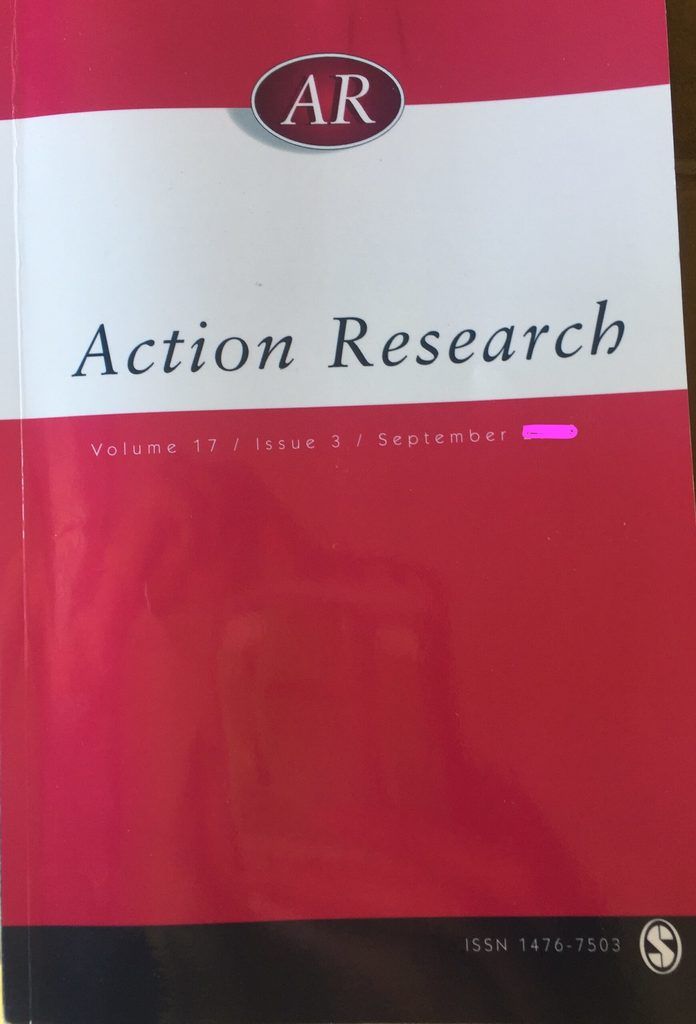What we carry shapes our action research: Editorial ARJ Issue 2, 2023 by Hilary Bradbury
In my work as editor in chief at Action Research journal (ARJ) I’ve gathered five papers for the second issue of 2023.
Re-reading them, many months since after their initial acceptance, I’m struck by the behind-the-scenes insights they offer on today’s headline news. For example, Steve Kroeger (2019) writes from the ongoing unrest in Palestine, while Lillian Omondi (2020) writes about climate resilience. Both topics will remain relevant well beyond the contexts in which they write and, I fret, for years to come.
Action researchers can’t really help transformations happen in contexts of intractable problems if we are not, slowly but surely, introducing new ways of working with power. This is unfamiliar territory for most of us. As Lillian Omondi (2020) puts it, “[action research processes] may not be every academic’s cup of tea, as they require relinquishing more power to the research subjects than most researchers would be comfortable with. The element of self-critique and reflection for continuous improvement while collecting data may also not be what most researchers are familiar with.” Her article, and that of the others in this issue, tells us that the reflexivity called for in our work is indeed worth it. I hope that more of us will find a taste for this particular action researching “cup of tea.”
To move from our (colonial) legacy of power-over to power-with, be it with one another or with Mother Nature, takes self-critiquing reflexivity. For Kroeger this becomes a call to examine how he shows up as a US citizen in Palestine. How often we forget to examine our own sensemaking and so we continue with extractive dynamics according to norms we unconsciously carry with us.
New participative methods enrich the action research orientation
Each article also offers new methods and new takes on familiar methods for working in a liberating power-with way. Kroeger (2019) introduces subtextual phenomenology in his context of educational reform. Omondi’s (2020) work describes Participatory Rural Appraisal (PRA) in harvesting local knowledge about climate resilience; Menon and Hartz-Karp (2020) write from their context in India to describe public deliberation processes in Indian cities toward a more sustainable path; Loignon et al. (2020) describe photovoice as it’s used by persons living in poverty to have their voice included in decisions that affect their healthcare. Taliep et al. (2020) describe community asset mapping and show us how participants can elevate awareness of the internal and external assets of a community. In each, we see there exist more supportive resources for helping transformations than they initially knew.
I invite you to read the rest of the editorial and to delve into the papers, using the following link: https://journals.sagepub.com/doi/10.1177/14767503231174679

Latest posts by Hilary Brad (see all)
- Appreciating and inquiring with refugees. - April 29, 2024
- Three stories we did not tell about NGO-Community Collaboration in Uganda - April 18, 2024
- Podcast on PAR Peacebuilding in Colombia - April 15, 2024
